Venezuelan and Cuban leaders expressed support and solidarity as Russia dealt with the Wagner group's sedition and destabilization plot.
"I want to send a hug of solidarity and support to Russian President Vladimir Putin, who opposed the plot of rebellion and incitement of civil war," President Nicolas Maduro said at a historic commemoration event on June 24, referring to the rebellion of the private military group Wagner in Russia.
He stressed that Caracas fully supported President Putin, "a brother of Venezuela". "In the end, President Putin won" against the rebels, Mr. Maduro said.
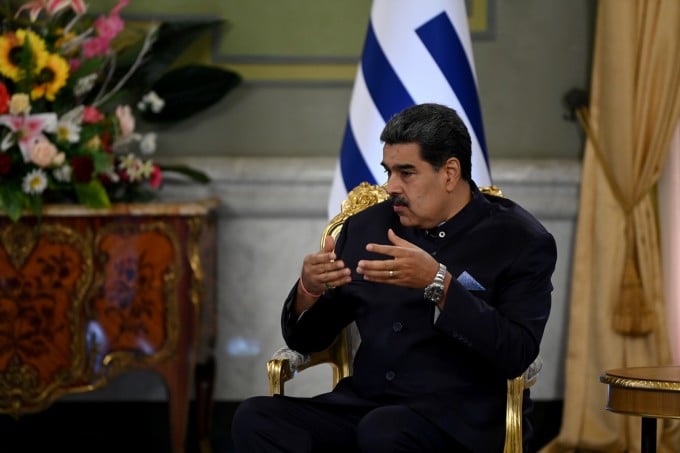
Venezuelan President Nicolas Maduro at a meeting in Caracas on June 15. Photo: AFP
Venezuela is a close ally of Russia and is keen to join the BRICS group of emerging economies. The bloc, which includes Brazil, Russia, India, China and South Africa, accounts for more than 40% of the world's population and nearly a quarter of the world's GDP. Mr Maduro described BRICS in late May as a magnet "attracting countries seeking peace and cooperation".
Cuban President Miguel Diaz-Canel also stressed today that constitutional order and unity must be protected in Russia. "On behalf of the Cuban people and government , I express my support to President Putin and the brotherly Russian people, as they face attempts to usurp power," Mr. Diaz-Canel wrote on Twitter.
The Wagner rebellion is considered the biggest crisis Russia has faced in decades. Gunmen under Wagner boss Yevgeny Prigozhin entered Rostov-on-Don on June 24, took control of the headquarters of Russia's Southern Military District, and threatened to "punish" the Defense Minister.
The Russian Security Service (FSB) has prosecuted Prigozhin on charges of "inciting rebellion" for calling on Wagner forces to fight against the Ministry of Defense.
In a speech at noon on June 24, Russian President Vladimir Putin called Wagner's rebellion an act of treason. The Russian Defense Ministry called on the group's gunmen to abandon Prigozhin, promising to ensure their safety.
However, Prigozhin declared that he and his gunmen would not surrender. Wagner forces then entered the cities of Voronezh and Lipetsk south of Moscow, prompting Russia to launch an anti-terrorist operation there to deal with them.
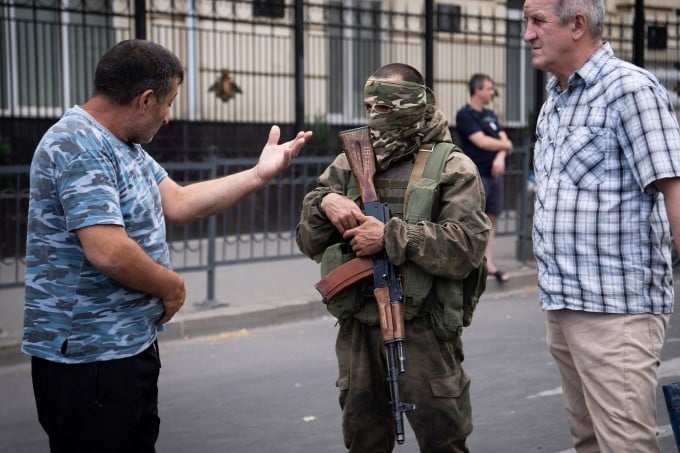
Locals talk with Wagner soldiers in Rostov-on-Don. Photo: AFP
On the evening of June 24, Prigozhin suddenly ordered Wagner members who were heading to Moscow to turn back and return to their barracks to "avoid bloodshed". In the early morning of April 25, the Kremlin announced that Prigozhin would be exempted from prosecution and guaranteed to leave Russia for Belarus, and Wagner members who participated in the "uprising" would not be prosecuted.
Wagner soldiers withdrew from Rostov-on-Don on Prigozhin's orders, ending the rebellion. The fate of Wagner remains unclear, but the Kremlin said some Wagner members who refused to join the rebellion could be contracted by the Russian Defense Ministry.
Duc Trung (According to TASS, AFP )
Source link


![[Photo] Solemn opening of the 8th Congress of the Central Public Security Party Committee, term 2025-2030](https://vphoto.vietnam.vn/thumb/1200x675/vietnam/resource/IMAGE/2025/10/4/f3b00fb779f44979809441a4dac5c7df)



![[Photo] General Secretary To Lam attends the 8th Congress of the Central Public Security Party Committee](https://vphoto.vietnam.vn/thumb/1200x675/vietnam/resource/IMAGE/2025/10/4/79fadf490f674dc483794f2d955f6045)
![[Photo] Bustling Mid-Autumn Festival at the Museum of Ethnology](https://vphoto.vietnam.vn/thumb/1200x675/vietnam/resource/IMAGE/2025/10/4/da8d5927734d4ca58e3eced14bc435a3)
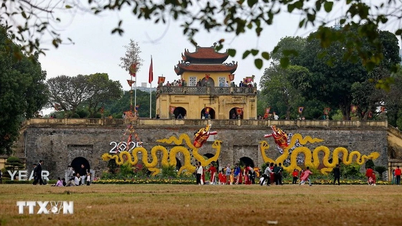

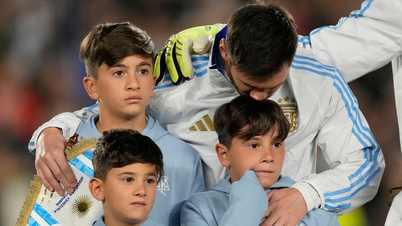


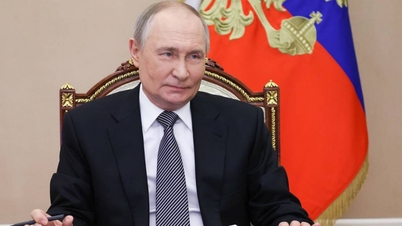

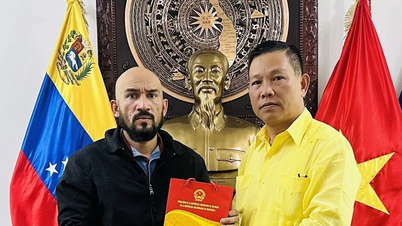


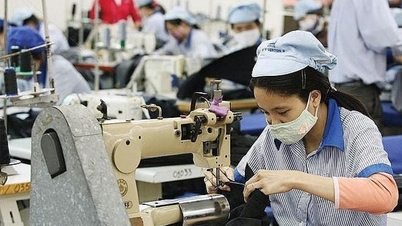


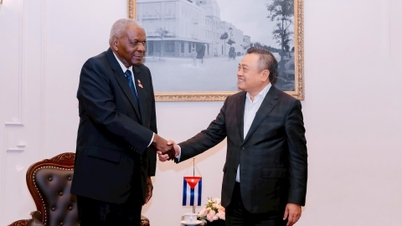
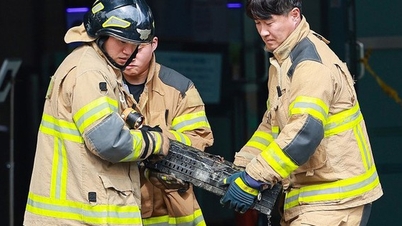

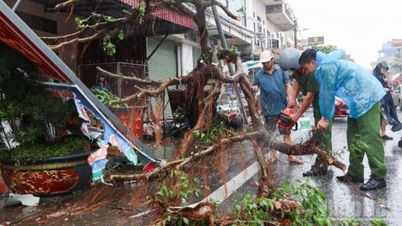







































![[VIDEO] Summary of Petrovietnam's 50th Anniversary Ceremony](https://vphoto.vietnam.vn/thumb/402x226/vietnam/resource/IMAGE/2025/10/4/abe133bdb8114793a16d4fe3e5bd0f12)
![[VIDEO] GENERAL SECRETARY TO LAM AWARDS PETROVIETNAM 8 GOLDEN WORDS: "PIONEER - EXCELLENT - SUSTAINABLE - GLOBAL"](https://vphoto.vietnam.vn/thumb/402x226/vietnam/resource/IMAGE/2025/7/23/c2fdb48863e846cfa9fb8e6ea9cf44e7)









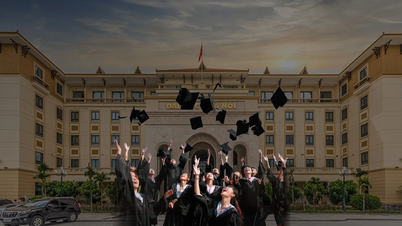










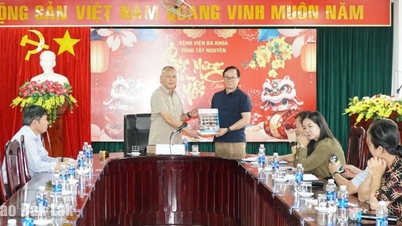
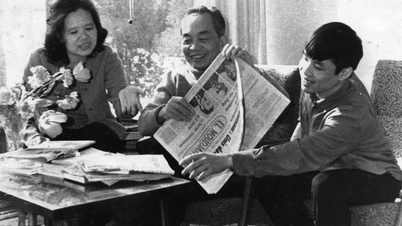

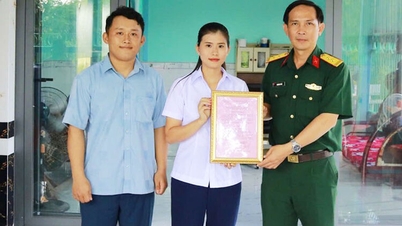








Comment (0)